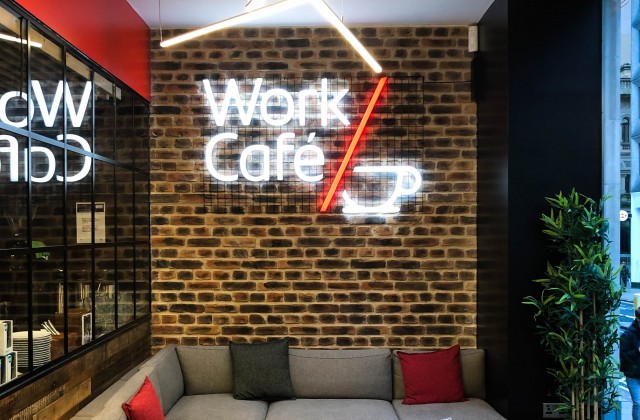Getting Ahead of the Job Vacancy Crisis
There are currently reported to be around 1 million job vacancies in the UK, the highest number since records began two decades ago.
Since the UK started to emerge from the pandemic, the changing job market has been an emerging topic, and it has been widely reported that several sectors in particular are struggling to fill vacancies – with hospitality, accommodation, food services and drivers being particularly affected.
There are several factors that are thought to have contributed to the current situation. Stemming from the many millions of workers that were placed on furlough for long periods through the pandemic, some may have found alternative work in a different industry, perhaps finding that they could earn more or experience a better work/life balance in their new role. Those who were approaching retirement age may have decided to retire early rather than return to work after furlough, with others who worked on a side-hustle during the pandemic turning this into their main source of income rather than return to employed roles.
With all of these factors at play, job seekers have a pick of roles to apply for and companies are often having to look at increasing renumeration packages to attract candidates. Here we look at what businesses can do to make the best of their human resources situation.
Review roles and responsibilities
You’ll usually recruit an individual to fill a specific vacancy – to carry out a function that needs additional support or someone to come in and take ownership of, but in reality, roles can quickly begin to deviate! It’s time to review roles and responsibilities and undertake appraisals to ensure your team are all happy. Ensuring each individual has a clearly defined role and knows where their responsibilities begin and end can go a long way to helping improve job satisfaction, which will ultimately allow you to keep hold of valuable team members.
Work on development plans
Just as you have ambitions for your business, people have ambitions for themselves and their careers. Failing to allow for these can ultimately drive staff to look for an alternative employer. By talking to individuals to find out what their goals are within the business, you can then work with them to put a personal plan in place. Setting targets and delegating responsibility can also increase performance and productivity.
Work on culture
You can offer the best service or product, but without a happy and motivated team, the business will never achieve what might be possible. Creating a good company culture takes more than mission statements on the wall and team building days. It’s about taking the time to truly invest in your team and making yourself the best employer you can be.
Get ahead of the competition
Where prospective employees have a choice of employers to choose from, ensuring yours stands out from the crowd can be difficult. Take the time to work on your package – researching what others are offering – within your industry and beyond. 28 days holiday plus bank holidays isn’t a perk – it’s a legal requirement! You’ll need to be more creative to really attract the top calibre of candidate.
Be sure to gather feedback from candidates that do not accept job offers – feedback is a gift and it may just provide the vital insight to allow you to make changes to the way you do things in the future.
Agenda’s Business Consultants work with businesses to help them get the best out of their existing teams and refine their company culture, best placing them to fulfil their potential. For more information about how we can help, or for a free initial consultation, please get in touch.









Leave a Reply